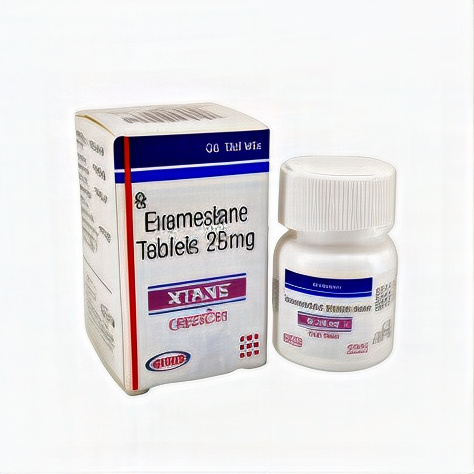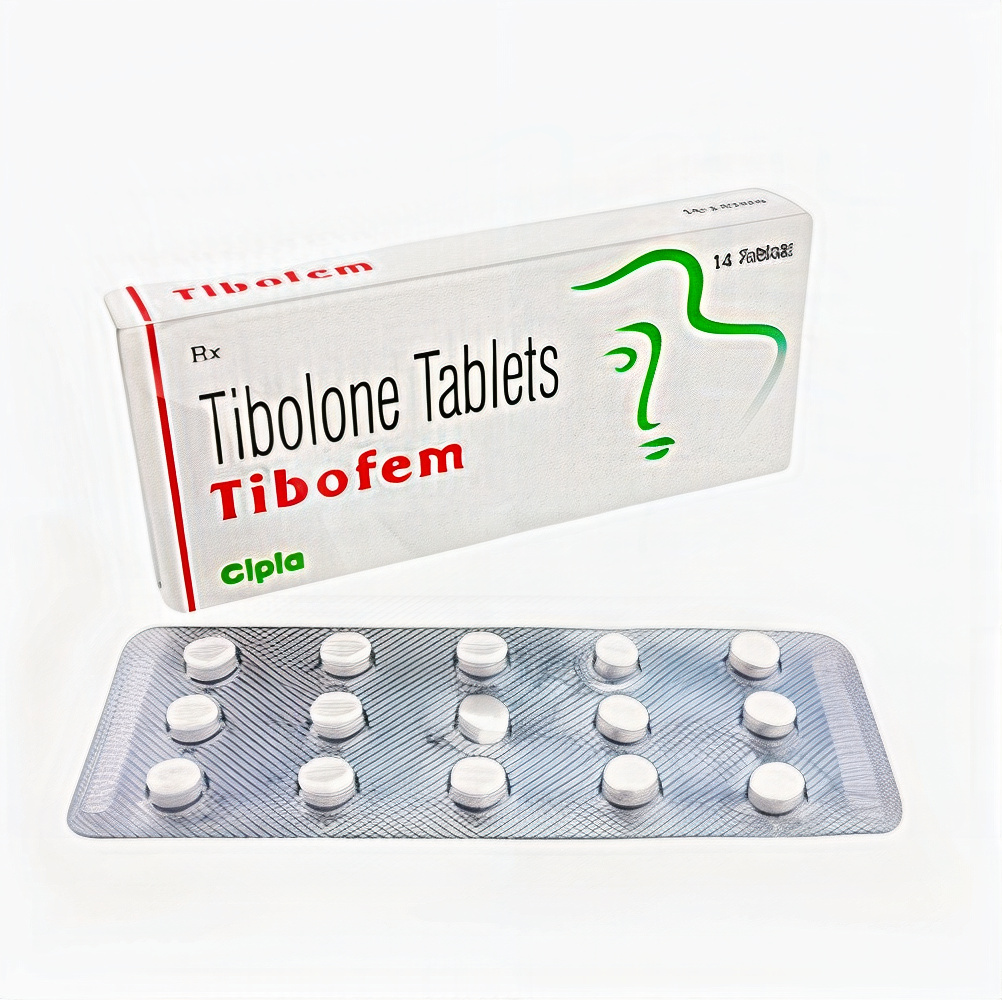Description
Introduction
Metfornom 500 Tablets (Metformin 500mg) is a well-regarded medication prescribed for managing type 2 diabetes mellitus. By regulating blood sugar levels, it mitigates the risk of severe complications associated with diabetes. Additionally, it is effective in treating Polycystic Ovary Syndrome (PCOS) in women. To maximize its benefits and minimize digestive side effects such as nausea and abdominal pain, it’s best consumed with food.
Uses Of ‘Metfornom 500 Tablets (Metformin 500mg)’
- Treatment of type 2 diabetes mellitus
- Treatment of Polycystic Ovary Syndrome (PCOS)
- Prevention of diabetes complications
- Improvement of insulin sensitivity
- Reduction of hepatic glucose production
- Treatment of type 2 diabetes mellitus: Metfornom 500 Tablets (Metformin 500mg) helps in controlling blood sugar levels, making it an essential medication for managing type 2 diabetes.
- Treatment of Polycystic Ovary Syndrome (PCOS): This medicine is also used to manage PCOS in women, which is linked to insulin resistance and hormonal imbalance.
- Prevention of diabetes complications: By maintaining optimal blood sugar levels, Metfornom 500 Tablets (Metformin 500mg) helps in preventing complications such as neuropathy, retinopathy, and cardiovascular diseases.
- Improvement of insulin sensitivity: Metfornom 500 Tablets (Metformin 500mg) improves the body’s sensitivity to insulin, which is crucial for effective glucose utilization.
- Reduction of hepatic glucose production: The medication aids in decreasing glucose production by the liver, further helping in blood sugar control.
Safety & Precautions
- Inform your doctor if you have kidney, liver, or heart problems before starting this medication.
- Pregnant or breastfeeding women should seek medical advice before usage.
- Regular monitoring of blood sugar levels is essential.
- Alcohol consumption is not recommended while taking this medication.
- Consult your doctor if you plan to stop using the medicine.
- Discuss any other medications you are taking with your doctor.
- Maintain the diet and exercise plans recommended by your healthcare provider.
- Keep the medication out of reach of children.
- Avoid excessive alcohol intake to prevent adverse effects.
- Report any unusual symptoms to your healthcare practitioner immediately.
Side Effects
Most side effects do not require any medical attention and disappear as your body adjusts to the medicine. Consult your doctor if they persist or if you’re worried about them.
- Diarrhea
- Nausea
- Vomiting
- Indigestion
- Headache
- Abdominal discomfort
- Weakness
- Flatulence
- Loss of appetite
- Hypoglycemia when used with other antidiabetic medicines
- Skin reactions
- Changes in taste
- Dizziness
- Increased sweating
- Lactic acidosis (rare but serious)
FAQ
1. How should I take Metfornom 500 Tablets (Metformin 500mg)?
Take this medication exactly as prescribed by your doctor. Typically, it is taken with food to minimize digestive side effects like nausea and abdominal pain. Do not crush, chew, or break the tablet; swallow it whole with water.
2. Can I consume alcohol while taking Metfornom 500 Tablets (Metformin 500mg)?
It is unsafe to consume alcohol while taking Metfornom 500 Tablets (Metformin 500mg), as it can increase the risk of severe side effects, including lactic acidosis. Always consult your doctor for personalized advice regarding alcohol consumption.
3. What should I do if I miss a dose of Metfornom 500 Tablets (Metformin 500mg)?
If you miss a dose, take it as soon as you remember. If it is almost time for your next dose, skip the missed one and proceed with your regular schedule. Do not take a double dose to make up for the missed one.
4. Can pregnant or breastfeeding women use Metfornom 500 Tablets (Metformin 500mg)?
Pregnant or breastfeeding women should use this medication only if prescribed by a healthcare professional. While it is generally considered safe during pregnancy, it should be used with caution during breastfeeding.
5. What are the common side effects of Metfornom 500 Tablets (Metformin 500mg)?
Common side effects include diarrhea, nausea, vomiting, indigestion, headache, abdominal discomfort, weakness, flatulence, and loss of appetite. Most side effects are temporary and subside as your body adjusts to the medication.
6. How does Metfornom 500 Tablets (Metformin 500mg) work?
Metfornom 500 Tablets (Metformin 500mg) is an anti-diabetic medication that works by lowering glucose production in the liver, delaying glucose absorption from the intestines, and increasing the body’s sensitivity to insulin, thus helping to control blood sugar levels effectively.
Additional Information: Metformin Use and Dosage Details
Brand Names and Forms
Metformin is available under various brand names, each with distinct formulations suitable for different patient needs. Notable brands include:
- Glucophage
- Glucophage XR
- Fortamet
- Glumetza
- Riomet
Dosage Forms and Strengths
Adult Dosage Forms & Strengths for Diabetes
| Form | Strengths |
|---|---|
| Tablet, Immediate-Release | 500 mg, 850 mg, 1000 mg |
| Extended-Release Tablet | 500 mg, 750 mg, 1000 mg |
| Oral Solution | 500 mg, 750 mg, 1000 mg |
Pediatric Dosage Forms & Strengths for Diabetes
| Form | Strengths |
|---|---|
| Tablet, Immediate-Release | 500 mg, 850 mg, 1000 mg |
| Extended-Release Tablet | 500 mg, 750 mg, 1000 mg |
| Oral Solution | 500 mg, 750 mg, 1000 mg |
Dosage Considerations for Adults
Individuals with type 2 diabetes may require varied dosages of Metformin, dependent on whether it is used in monotherapy or combined with a sulfonylurea.
- Initial dose: 500 mg orally every 12 hours, or 850 mg once/day with meals; increase every two weeks.
- Maintenance doses: 1500-2550 mg/day, divided every 8-12 hrs with meals. Maximum 2550 mg/day.
Extended-release options such as Glucophage XR, Fortamet, and Glumetza offer different titration and maximum dosing:
- Glucophage XR: Start with 500 mg once/day with dinner; titrate by 500 mg/day each week up to 2000 mg/day.
- Fortamet: Start with 500-1000 mg once/day; titrate by 500 mg/day each week up to 2500 mg/day.
- Glumetza: Start with 1000 mg once/day; titrate by 500 mg/day each week up to 2000 mg/day.
For Prevention of Type 2 Diabetes
- Initial dosage: 850 mg orally every day.
- Target dosing: 850 mg orally every 12 hours.
Dosage Modifications
For Hepatic (Liver) Impairment
Use of Metformin should be avoided due to the risk of lactic acidosis.
For Renal (Kidney) Impairment
| Condition | Action |
|---|---|
| eGFR less than 30 mL/min/1.73 m² | Metformin is contraindicated. |
| eGFR 30-45 mL/min/1.73 m² | Not recommended to initiate treatment. If eGFR falls below 45 while on Metformin, evaluate risks and benefits. Discontinue use if eGFR falls below 30 during treatment. |
- Obtain eGFR before starting treatment.
- Monitor eGFR at least annually or more often for those at risk for renal impairment (e.g., elderly patients).
Special Considerations
Polycystic Ovary Syndrome (For Pediatric Use)
Metformin has an orphan designation for the treatment of pediatric polycystic ovary syndrome.
Pediatric Dosage Considerations
Type 2 Diabetes Mellitus
- Immediate-release (10-16 years): Initial dose: 500 mg orally every 12 hours. Maintenance: Titrate weekly by 500 mg, not exceeding 2000 mg/day.
- Immediate-release (17+ years): Initial dose: 500 mg orally every 12 hours, or 850 mg once daily; increase every two weeks. Maintenance: 1500-2550 mg/day, divided every 8-12 hours. Maximum 2550 mg/day.
Extended-release options:
- Under 17 years: Safety and efficacy not established.
- 17 years and older:
- Glucophage XR: Start with 500 mg once/day with dinner; titrate by 500 mg/day each week up to 2000 mg/day.
- Fortamet: Start with 500-1000 mg once/day; titrate by 500 mg/day each week up to 2500 mg/day.
Dosage Modifications for Pediatric Use
For renal impairment:
- eGFR less than 30 mL/min/1.73 m²: Metformin is contraindicated.
- eGFR 30-45 mL/min/1.73 m²: Initiation not recommended. Monitor renal function at least annually in all metformin patients and more frequently in those at increased risk.
- If eGFR falls below 45 mL/min/1.73 m² during treatment, assess risks and benefits. Discontinue use if eGFR drops below 30.
Geriatric Dosage
Metformin should be used with caution in elderly patients due to the potential for decreased renal function:
- Contraindicated in patients with renal impairment.
- Carefully monitor renal function in the elderly and use conservatively as age increases.
- Not recommended for patients over 80 years unless renal function is normal.
Drug Interactions
| Type | Examples |
|---|---|
| Severe Interactions | None identified. |
| Serious Interactions | Contrast media (iodinated), Ethanol, Ioversol |
| Moderate Interactions | At least 74 different drugs. |
| Mild Interactions | At least 87 different drugs. |
Always consult your doctor before starting, stopping, or changing the dosage of any medication. Keep a list of all your medications, and share it with your healthcare provider.
Pregnancy and Lactation
The use of Metformin in pregnancy might be acceptable, with either no risk shown in animal studies but lacking human studies, or minor risks identified in animal studies but human studies indicating no risk. However, Metformin is not recommended during lactation as it can enter breast milk.
References
Citations:
- U.S. Food and Drug Administration (FDA)
- Clinical Diabetes Journal
- Diabetes Care Journal









